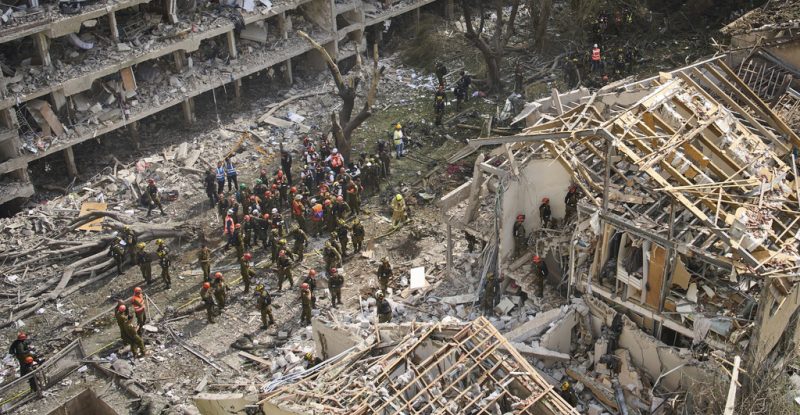Share this @internewscast.com

(NewsNation) — Americans could soon feel the impact of escalating tensions with Iran, especially at the gas pump.
On Monday, oil prices surged to their highest level in five months after U.S. airstrikes targeted Iranian nuclear sites, raising fears that the cost could escalate further in the near future.
The complete economic consequences are still unclear, and much will hinge on Iran’s reaction, especially if it chooses to block the Strait of Hormuz.
Iran threatens to close Hormuz Strait
On Sunday, the Iranian Parliament approved a measure to close the waterway.
The U.S. Energy Information Administration reports that approximately 20 million barrels of crude oil transit through the strait daily. Positioned between Iran and Oman, this passage is a crucial oil transit route worldwide.
If Iran shuts it down, oil prices would likely spike globally, with serious implications for the U.S. economy.
“The important thing to know is that the Strait of Hormuz ships 20% of global oil production,” said Patrick De Haan, head of petroleum analysis at GasBuddy. “While we are not a beneficiary — we are not a buyer of crude oil from Iran — the U.S. cannot detach itself from the global economy.”
US warns Iran against closing Hormuz Strait
The White House has not confirmed whether it anticipates further retaliation, but top officials have warned Iran against taking steps that could further escalate tensions.
Secretary of State Marco Rubio, in an interview with Fox News’ “Sunday Morning Futures,” warned closing the strait would be a “massive escalation that would merit a response from the U.S. and others.”
Vice President JD Vance went further, calling such a move “economic suicide” for Iran.
“Their entire economy runs through the Strait of Hormuz,” Vance told NBC’s “Meet the Press.” “If they want to destroy their own economy, it can cause disruption in the world. I think that would be their decision, but why would they do that?”
Instead, he urged Iran to return to the negotiating table and abandon its nuclear weapons program.
“If they are willing to do that, they are going to find a willing partner in the United States of America,” Vance said.
Despite rising prices, De Haan said there’s no immediate reason to fear what he described as “apocalyptic” gas costs. Still, he warned the national average could increase by 10 to 25 cents per gallon within the next week or two.














